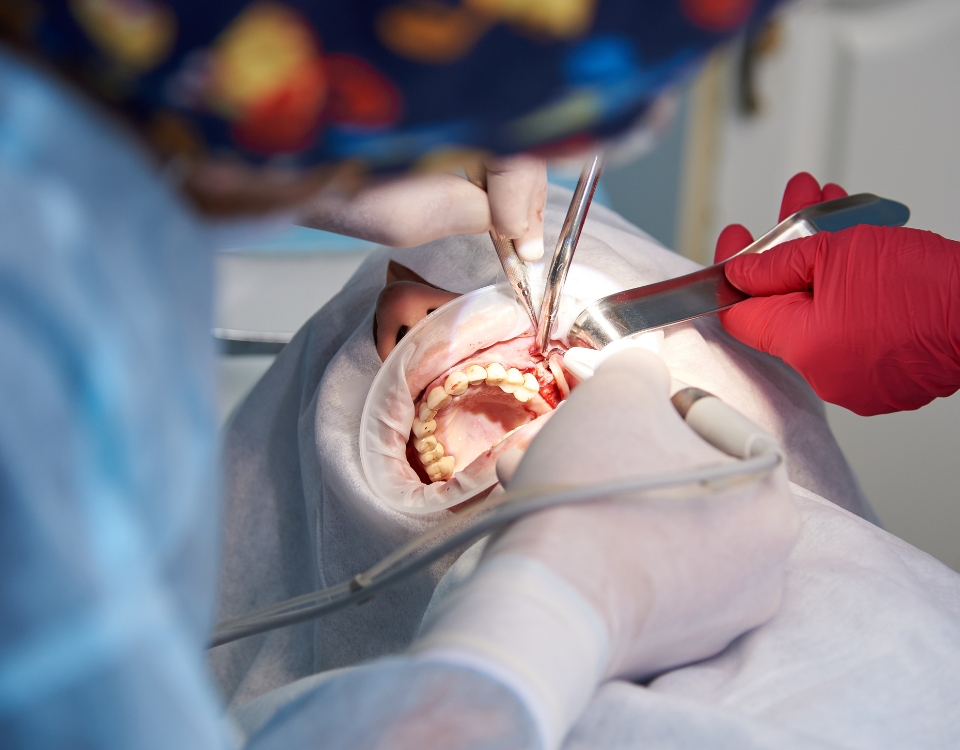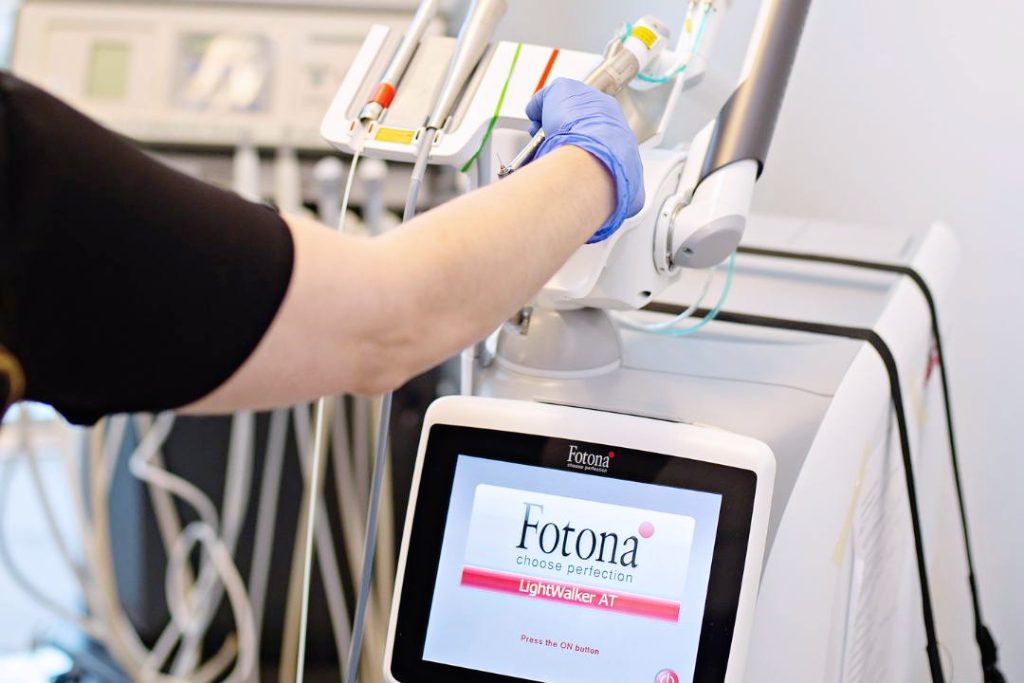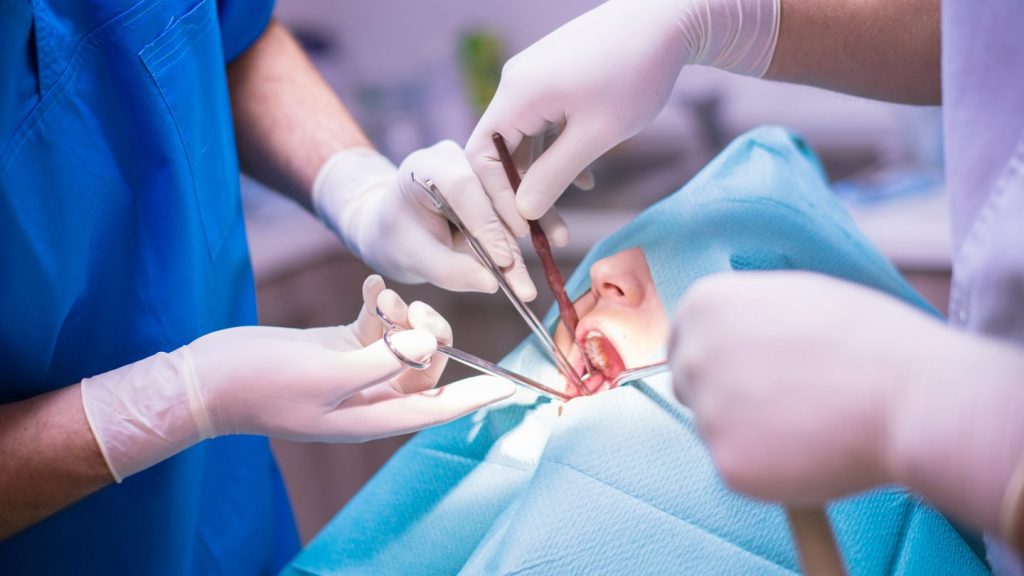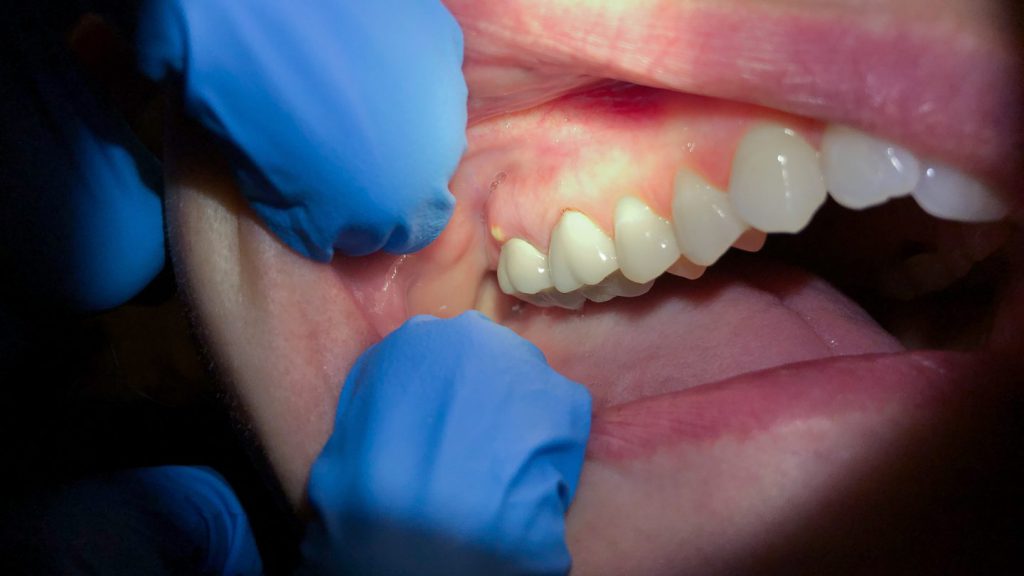Tooth Restoration After a Root Canal: Crowns vs Alternatives
After a successful root canal therapy, the next step is making sure your tooth is restored and protected. For many patients, this means getting a crown. But is a crown always required? And what about alternatives like fillings, inlays, or even extraction? At Ballantyne Endodontics, we help patients understand the options for restoring a tooth…
Read MoreWhen is Apicoectomy Necessary? Your Questions Answered
If you’ve had a root canal but pain or infection persists, your endodontist might recommend a minor surgical procedure called an apicoectomy. This guide explains when it’s necessary, how it’s performed, and what to expect during healing. Understanding Tooth Root Anatomy Your teeth are anchored into the jawbone by roots. Front teeth usually have one…
Read MoreWhat is Fotona Laser Treatment?
Key Takeaways: Minimally Invasive and Comfortable: Fotona Laser allows for more precise treatments with minimal discomfort, reducing the need for anesthesia in some cases, leading to a quicker and more comfortable recovery. Versatile Applications: It’s used for various dental treatments, including cavity removal, root canal therapy, gum contouring, and even teeth whitening, enhancing the effectiveness…
Read MoreBiological Root Canal: What Happens During The Procedure
Key Takeaways: Nature of a Biological Root Canal: A Biological Root Canal is a specialized dental procedure performed by an endodontist to address infections in the tooth’s pulp and nerve. It focuses on using natural and biocompatible materials, such as bioceramics and advanced irrigation, to promote healing and reduce the risk of infection recurrence. Procedure…
Read MoreBiological Root Canals: A Guide
Key Takeaways: Biological Root Canals Prioritize Natural Healing: The biological root canal is an enhancement of traditional root canal treatments. Using minimally invasive instruments, advanced irrigation technology and biocompatible sealers, it strives to preserve as much natural tooth structure as possible while supporting the body’s natural healing processes—thus decreasing reinfection risk and supporting long-term vitality.…
Read MoreConsequences of Delaying a Root Canal
Key Takeaways: Tooth Loss: Delaying treatment can lead to severe infection and bone loss, potentially resulting in the loss of the tooth. Prolonged Pain: Postponing the procedure means prolonged discomfort or worsening pain from the infection. Spreading Infection: The infection can spread to other parts of the body, leading to more severe health issues. A…
Read MoreEndodontic Surgery vs. Root Canal: What is the Difference?
Key Takeaways: Root Canal: Typically the first treatment option for saving an infected tooth, focusing on cleaning and sealing the tooth’s root. Endodontic Surgery: Recommended if a root canal fails or the infection persists, involving a surgical procedure like an apicoectomy. Treatment Decision: The choice depends on the severity and location of the infection, with…
Read MoreDo I Need a Root Canal If I Have No Pain?
Key Takeaways: Pain-Free Symptoms: You may still need a root canal even if you don’t experience pain, as infections can develop without noticeable discomfort. Silent Infections: Bacteria can damage the tooth pulp silently, leading to more severe issues over time if untreated. Preventive Treatment: Addressing problems early with a root canal can prevent tooth loss…
Read MoreEndodontist Vs. Oral Surgeon: What Is The Difference?
If you are like most people, you are familiar with your general dentist, whom you see twice a year for preventative health care, examinations, cleanings, and routine dental care like filling cavities. You may be unfamiliar with dental specialists like endodontist vs. oral surgeon. What is the difference? Specialists complete general dental training just like…
Read MoreHow Do You Get An Abscess Tooth & What Are The Treatments
Sometimes patients ask us, “How do you get an abscess tooth?” Considering the pain a dental abscess causes, we think it is crucial for everyone to understand the causes and symptoms of an abscess. Too often, people ignore the symptoms as long as they can, which can complicate matters down the road. With prompt dental…
Read More










